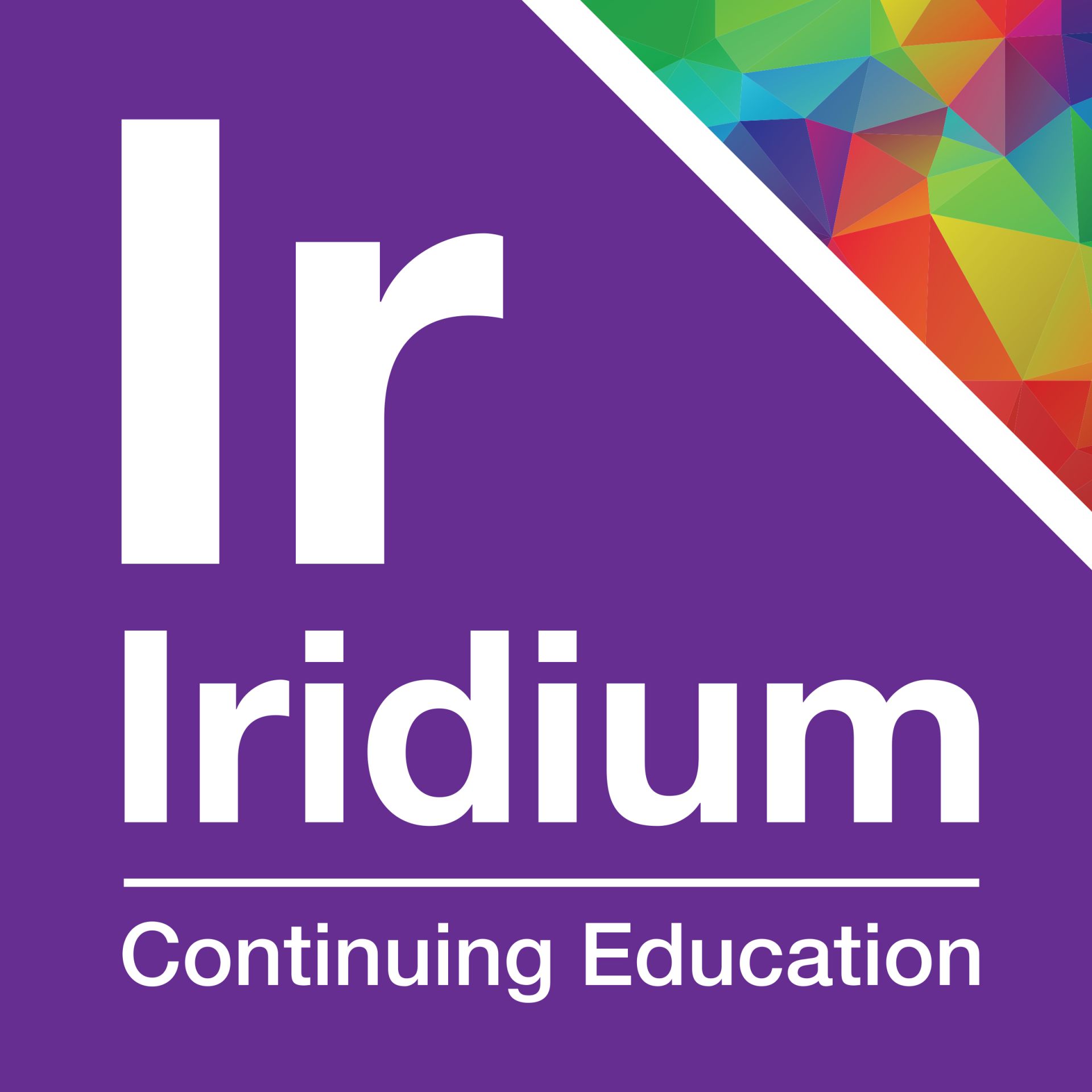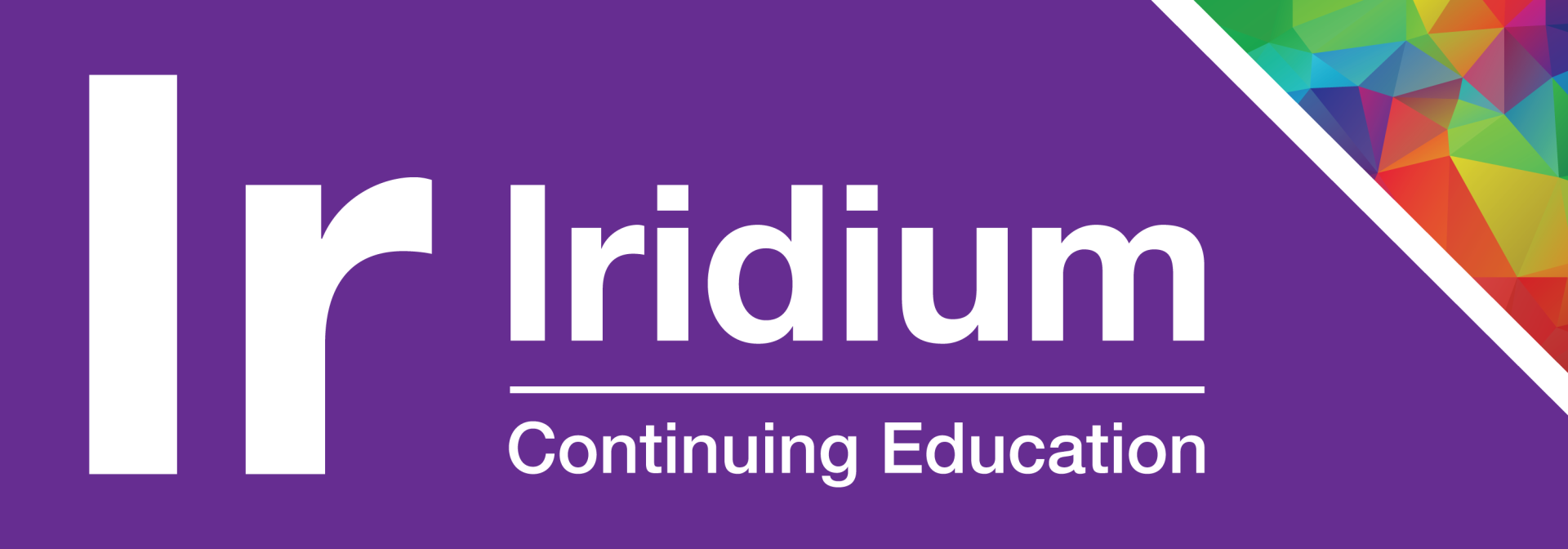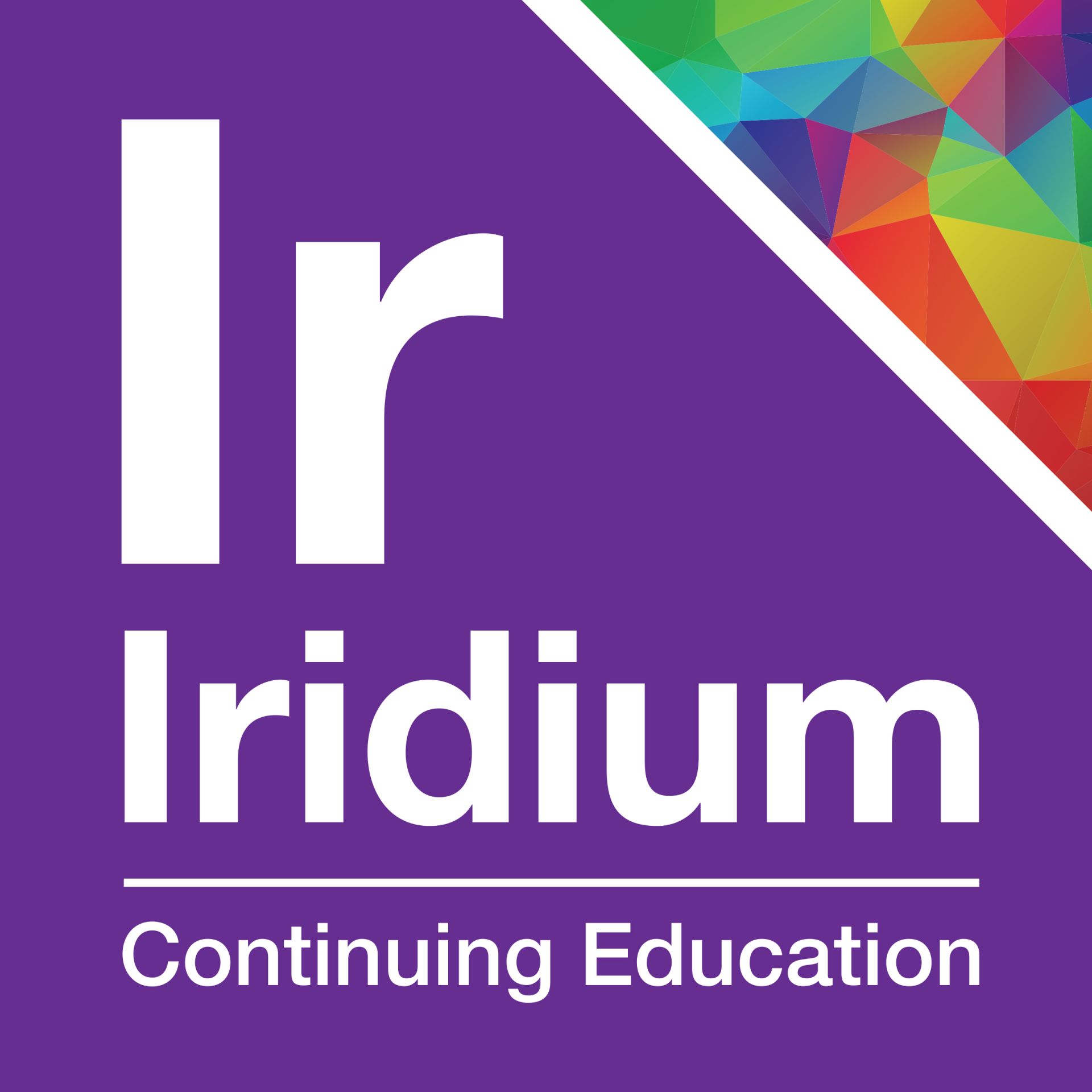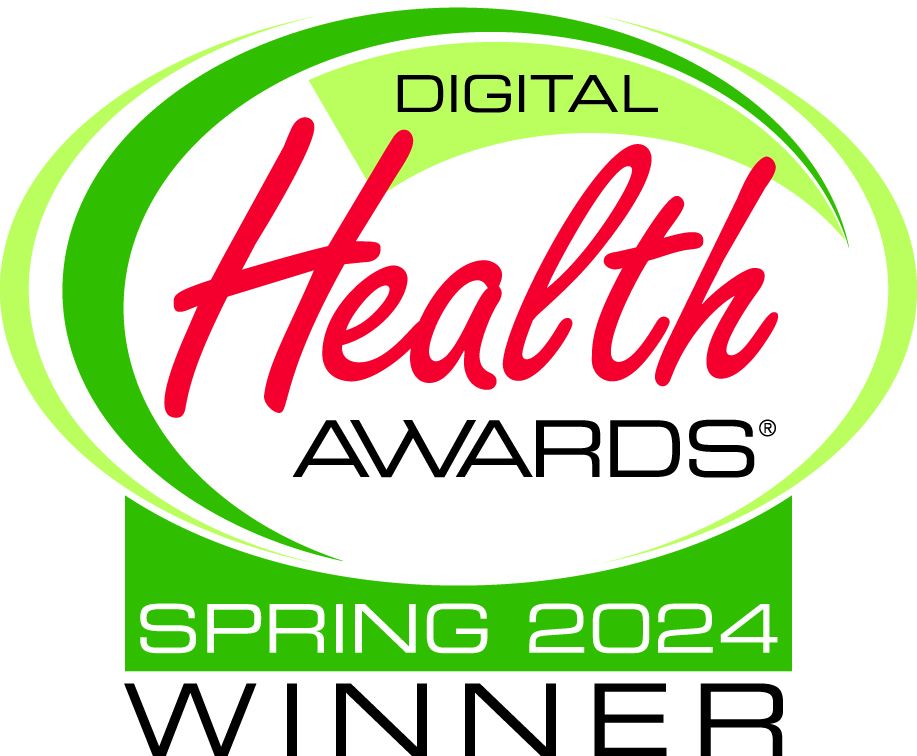Rheums for Improvement:
Building Bridges in Evidenced-Based SLE Care
Faculty
KICHUL KO, MD
Associate Professor of Medicine
Section of Rheumatology
University of Chicago
Chicago, IL
Assistant Professor of Medicine
Section of Rheumatology
University of Chicago
Chicago, IL
AMBER YOUNG, MD
Clinical Assistant Professor of MedicineRheumatology, Internal Medicine
University of Michigan
Ann Arbor, MI
Gurwant Kaur, MD
Associate Professor of Medicine
Division of Nephrology
Pennsylvania State University
Hershey, PA
Program Overview
Target Audience
Learning Objectives
Upon completion of this activity, the participant should be able to:
Educational Activities
SLE Provider Tool Kit



